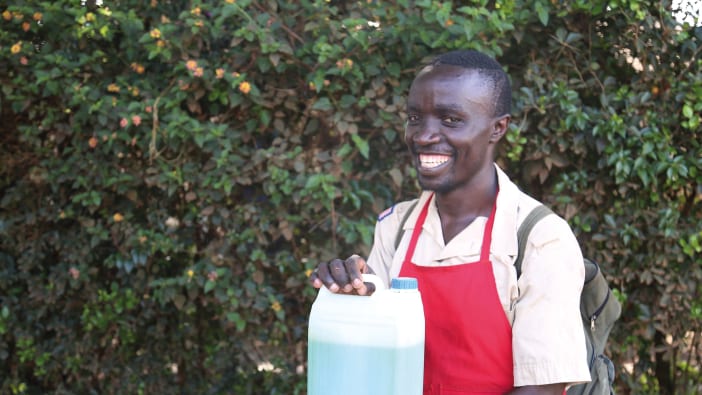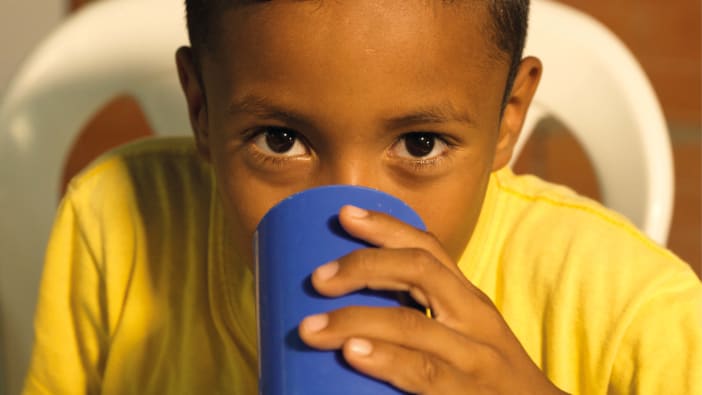Accidents often happen in and around school. Children’s natural curiosity exposes them to situations of risk, which are not always anticipated by the adults in charge. Often, it is only after an accident that the teacher realises the danger in the classroom of a chair too close to a window or furniture with sharp corners. Most teachers do not receive specific ‘first aid’ training and so when faced with a crisis do not know how to respond.
How do you look after a child who becomes ill in the classroom? Or what do you do if you witness an accident at the school gates? If someone has a burn, can you put something on it? Because of a lack of information it is common for teachers to take inappropriate action when looking after children who have been hurt in school. This problem is made worse when there is no efficient emergency service.
In July 2007, a group of volunteers from various Baptist Churches in São Paulo, Brazil, travelled to Paraguay to support the work of PEPE (Pre-School Education Programme). This is a programme which aims to help less privileged children to access high quality pre-school education. It also offers family support through the local churches. The teachers are volunteers chosen by their own church, and they receive specific training for teaching children aged four to six.
There is no properly equipped and structured medical emergency service in Paraguay. The medical professionals in the area have a good academic training, but there is not enough government investment in the health system. The health professionals, therefore, are poorly paid and there are few available resources.
For these reasons, we developed a specific training course for the volunteer teachers, to enable them to provide first aid in response to common accidents in the school environment. We used role-play to practise life-saving techniques, such as mouth-to-mouth resuscitation for someone who has stopped breathing. We role-played the situations with Ritinha, a simple doll, and clarified any doubts using written and illustrated material. Each participant had the opportunity to carry out the actual techniques on the doll, so that the training would not just be theory, but mostly practical. The teachers also shared some of their own experiences, and could learn from each other, as accidents are common in their daily work.
The initiative was so successful that, after returning to Brazil, we were invited by a government school in São Paulo to carry out the same training with their teachers. With the support of the local church, we began a training project in that district. Once again, Ritinha the doll was very useful in teaching basic life support techniques.
This experiment made it clear that it is not always necessary to make huge investments to improve the health of the community. The teachers learned what to do – and what not to do – in emergency situations. Lives are saved with this basic information and these simple but valuable techniques. There was no huge investment of resources, just Ritinha the doll, who did not charge anything.
Nurse Cíntia F Rojo, Praça da Árvore Baptist Church
Email: [email protected]
For more information about PEPE go to: www.pepe-network.org









